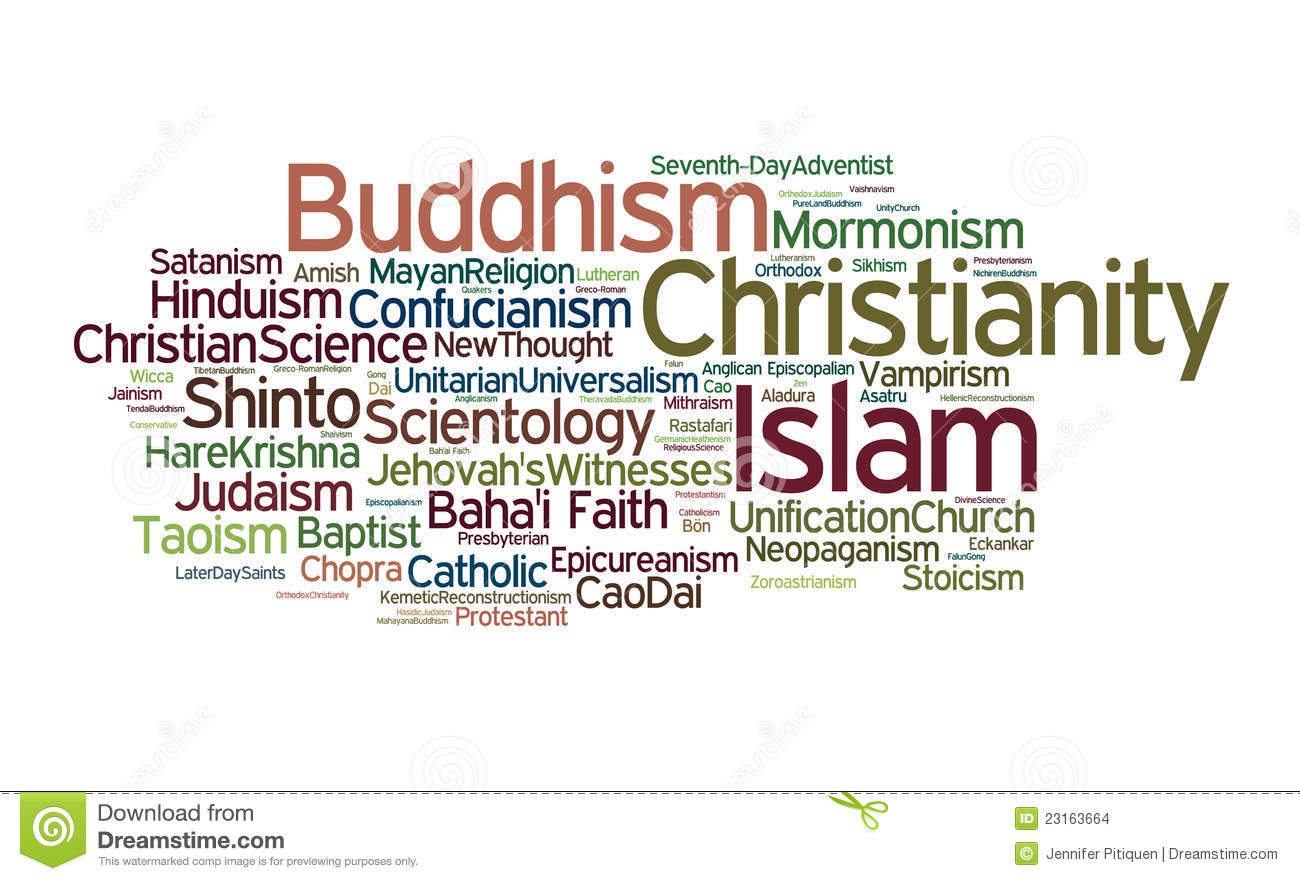
Mormons are the most heavily Republican-leaning religious group in the U.S., while a pair of major historically black Protestant denominations – the African Methodist Episcopal (AME) Church and the National Baptist Convention – are two of the most reliably Democratic groups, according to data from Pew Research Center’s 2014 Religious Landscape Study.
Seven-in-ten U.S. Mormons identify with the Republican Party or say they lean toward the GOP, compared with 19% who identify as or lean Democratic – a difference of 51 percentage points. That’s the biggest gap in favor of the GOP out of 30 religious groups we analyzed, which include Protestant denominations, other religious groups and three categories of people who are religiously unaffiliated.
At the other end of the spectrum, an overwhelming majority of members of the AME Church (92%) identify with or lean toward the Democratic Party, while just 4% say they favor the Republican Party (an 88-point gap). Similarly, 87% of members of the National Baptist Convention and 75% of members of the Church of God in Christ (another historically black denomination) identify as Democrats.
These patterns largely reflect data from exit polls during the 2012 general election. In that year, 95% of black Protestants said they voted for Democrat Barack Obama, while 78% of Mormons said they voted for Republican Mitt Romney, who also is a Mormon.
White evangelical Protestants also voted heavily Republican in 2012 (79% for Romney), which mirrors the leanings of many of the largest evangelical denominations. Members of the Church of the Nazarene are overwhelmingly likely to favor the GOP (63% Republican vs. 24% Democrat), as are the Southern Baptist Convention (64% vs. 26%) and the Lutheran Church-Missouri Synod (59% vs. 27%), among other evangelical churches. (In our survey, members of these groups can be of any race or ethnicity, while exit polls report totals for white evangelicals in particular.)
Catholics are divided politically in our survey, just as they were in the 2012 election. While 37% say they favor the GOP, 44% identify with or lean toward the Democratic Party (and 19% say they do not lean either way). In the 2012 election, 50% of Catholics said they voted for Obama, while 48% voted for Romney.
Members of mainline Protestant churches look similar to Catholics in this regard. For example, 44% of members of the Presbyterian Church (U.S.A.) identify as or lean Republican in the survey, compared with 47% who are Democrats or Democratic-leaning. United Methodists and Anglicans are slightly more likely than other mainline groups to say they are Republicans, while members of the United Church of Christ are more likely to be Democrats.
About seven-in-ten religiously unaffiliated voters (70%) and Jews (69%) voted for Obama in 2012. A similar share of Jews in our survey (64%) say they are Democrats, while all three subsets of religious “nones” (atheists, agnostics and those who say their religion is “nothing in particular”) lean in that direction as well.
Jehovah’s Witnesses, who are taught to remain politically neutral and abstain from voting, stand out for their overwhelming identification as independents who do not lean toward either party. Three-quarters of Jehovah’s Witnesses put themselves in that category.



Expositores: Oscar Vidarte (PUCP) Fernando González Vigil (Universidad del Pacífico) Inscripciones aquí. Leer más
Una retrospectiva para entender los próximos cuatro años. Leer más
En la conferencia se hará una presentación de los temas más relevantes del proceso de negociación se llevó a cabo desde el 2012, así como del acuerdo de paz firmado entre el Gobierno colombiano y la guerrilla de las FARC a finales del 2016. Se analizarán los desafíos y las... Leer más
El Observatorio de las Relaciones Peruano-Norteamericanas (ORPN) de la Universidad del Pacífico es un programa encargado de analizar y difundir información relevante sobre la situación política, económica y social de Estados Unidos y analizar, desde una perspectiva multidisciplinaria, su efecto en las relaciones bilaterales con el Perú.
© 2026 Universidad del Pacífico - Departamento Académico de Humanidades. Todos los derechos reservados.

